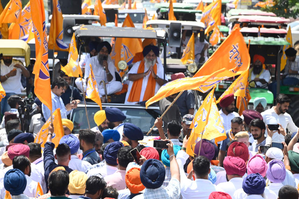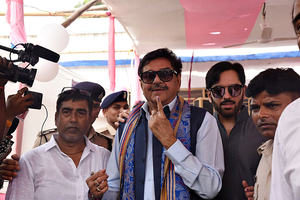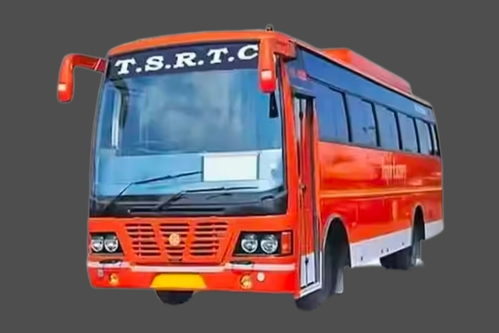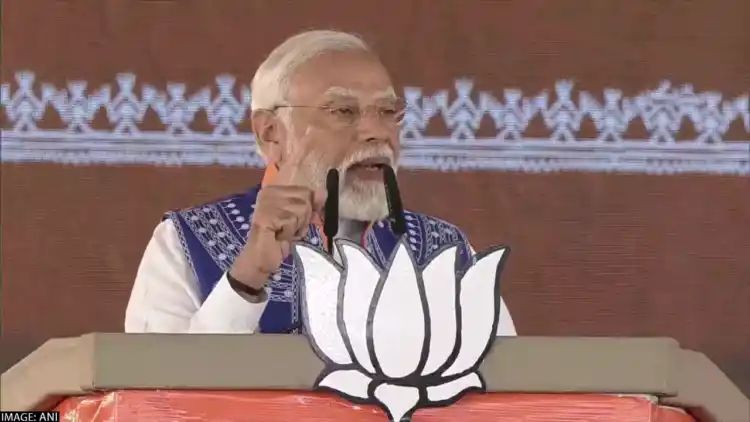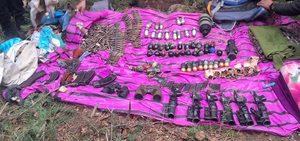Rajnath Singh approves waiver of provision for BRO’s casual labour to avail ex-gratia compensation
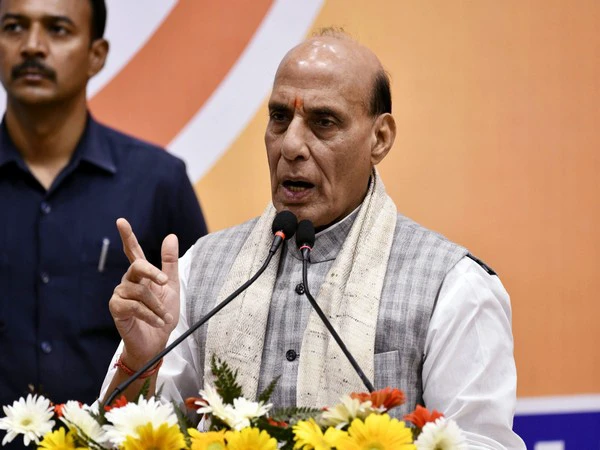
Defence Minister Rajnath Singh has approved a proposal for waiver of the provision to complete 179 working days at the time of the accident for payment of ex-gratia lump sum compensation to casually paid labourers (CPLs) working in Border Roads Organisation ( BRO ) or General Engineering Reserve Force (GREF), an official statement said.
According to the statement from the Ministry of Defence, as per the existing instructions, the CPLs, who have worked at least 179 days in BRO, are covered for payment of ex-gratia lump sum compensation of Rs 5 lakh.Several families of deceased CPLs are deprived of the grant due to this constraint of 179 working days.
The BRO units are located in far-flung/snow-bound/high-altitude areas where no proper public as well as medical facilities are available. Factors namely uncongenial climate, inhospitable hilly terrain, hazardous work sites and occupational health hazards pose enormous risk to life of the CPLs.
Considering the cases of deaths occurred/reported during their engagement, the waiver of the condition of minimum 179 working days on humanitarian grounds would be a great reprieve for the families of the CPLs who lose their bread winner while on Government duty and will go a long way in securing their livelihoods.
Earlier, Rajnath Singh approved the extension of existing provisions of ‘Preservation and Transportation of the Mortal Remains’, available for General Reserve Engineer Force (GREF) personnel of Border Roads Organisation (BRO), to casually paid labourers (CPLs), the Ministry of Defence said in a statement.
He has also approved an increase in funeral expenditure for the CPLs to Rs 10,000 from Rs 1,000. This will be borne by the government in the event of the death of any CPL while on Government bonafide duty at BRO projects, whose last rites are being performed at the worksite, the ministry said.
The CPLs are employed by the BRO for the construction of roads in forward and border areas. They work hand-in-hand with the BRO personnel in adverse climates and tough working conditions, which sometimes result in casualties.
